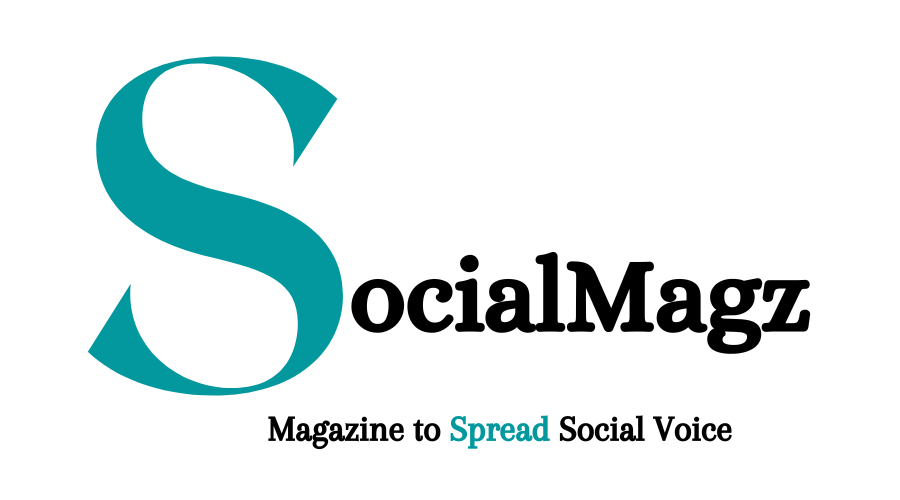Avoiding Food That Causes Heart Diseases

Ella is an experienced content publisher and Senior Editor at…
Controlling your diet decreases the risk of heart disease in many ways, including helping lower levels of high cholesterol, blood pressure, blood sugar and insulin, and reducing obesity and enhancing the heart and blood vessel function. When you watch your cardiac health, your diet should not be supplemented very often by the following items. Basically, your heart will be stronger if you can take it out of your diet. Thomson Cardiology Centre recommends an intake of different food that prevent heart diseases.
Eating foods that help to avoid heart disease:
no’ magic’ food is available to reduce the risk of cardiovascular disease. You need a healthy diet and a lot of workouts. High-salt diets boost blood pressure, heart attack and stroke risk. Most of us eat more than ten times as much salt as we need (salt includes sodium and chloride). There are facts, however, that vegetable food–especially full-grain cereals, legumes, nuts, fruits, and vegetables–can reduce the risk of heart disease.
- Feeds that best protect against heart disease include, for example, omega-3 fatty acids, oily fish such as jelly, sardines, tunas, and salmon. Such fat has shown a decrease in triglycerides, an improvement in HDL cholesterol, an increase in elasticity of the blood vessel, and a diminution of blood thickness, which reduces blood flow and coagulation.
- Some of the vegetables ‘ oils–corn, soy and safflower, omegas 6 and omega-3 fatty acids, for example, canola and olive oil. All of these can help to reduce LDL cholesterol in place of saturated fats like butter.
- The antioxidants offer protection from heart disease in fruits and vegetables. Certain essential sources of folate are fruit and vegetables that lead to the reduction in blood levels of homocysteine amino acids that tend to be associated with an increased risk of heart disease.
- Fiber–cereals, fruit, and vegetables in whole grains.
- Unrefined sources of low glycal hydrochloride are important to people who are prone to diabetes because they help to keep blood sugar levels under control. foods such as wholegrain bread and breakfast cereal, legumes, certain rice types, and pasta are important.
- Lower LDL cholesterol levels have been demonstrated by legumes and soy protein, in particular, if blood cholesterol is high.
- Nuts and seeds, because in kilojoules they are high, should be eaten in small quantities. Tea–there is certain evidence that antioxidants in tea can help prevent fatty deposits in the arteries from building up. Antioxidants can also be anti-blood coagulant and can increase the dilation of the blood vessel to allow blood flow to increase
- Alcohol–moderate consumption of alcohol is believed to have some safety advantages. For example, some alcohol types (such as red wine), while it is still under investigation, may contain protective factors such as antioxidants. In addition, alcohol increases the cholesterol of HDL(‘ good’) and helps remove cholesterol from the body. However, an increased intake of alcohol increases blood pressure and tends to increase the risk of heart disease by increasing triglycerides (a kind of fat) in the blood. Current guidelines on alcohol intake in Australia recommend that men and women take no more than two standard drinks per day to reduce the risk of alcohol damage.
- Vitamin E foods–studies have shown that vitamin E acts as an antioxidant and helps protect against’ bad’ cholesterol. Avocados, dark green fruits, vegetable oils, and full-grain products are healthy sources of vitamin E. It is better to eat vitamin E foods instead of taking supplements that are not protected with the same effect.
- Plant sterol-enriched foods–L DLL cholesterol levels are decreased by about 10% for healthy people and people with high cholesterol and diabetes by the daily intake by 2–3 g of phytosterols/stanols. The intake of two to three portions of phytosterol-enriched food such as margarine propagation, fat-reducing yogurts, milk and cereals for breakfast will achieve this.
Ella is an experienced content publisher and Senior Editor at SocialMagz.com. With a passion for technology and a wealth of knowledge in the field, Ella brings a unique perspective to the website and its readers.







